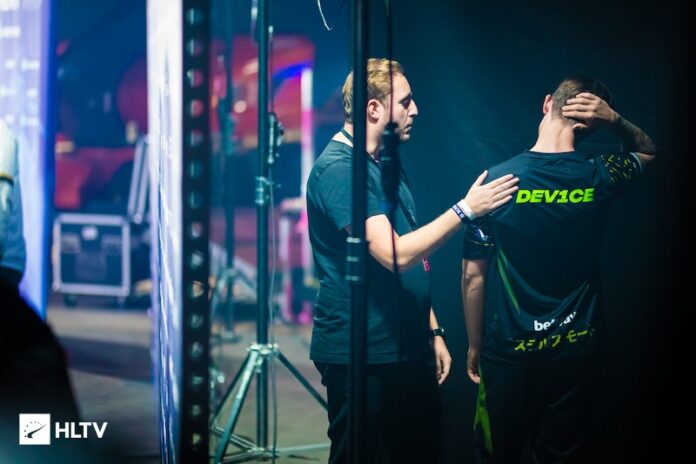Before the Olympic Esports Week in Singapore, esports coach Mia Stellberg writes an essay about the significance of controlling your emotions in esports.
Emotions can act as distractions in the realm of esports. Inability to control one’s emotions not only generates unnecessary stress but also hampers the ability to concentrate, resulting in subpar performance. This, in turn, can trigger further emotional reactions, creating a vicious cycle.
To prevent spiraling into such situations, it is important to step back and recognize that humans often tend to apply emotions to situations that could be approached logically. It is crucial to differentiate between emotional and rational thinking and prioritize the right aspects to achieve a clear and focused mindset.
Professional gamers acknowledge that mental factors play a significant role, accounting for 50 to 80 percent of the overall gameplay outcome. Consequently, successful gamers possess the skill to effectively manage their emotions. By practicing emotional regulation, players can significantly enhance their performance and gain a better sense of control, enabling them to stay focused on what truly matters.
Gamers often make the mistake of fixating solely on the task at hand rather than the execution, which leaves them susceptible to failure. The key is to concentrate on the present moment and the next steps to take during gameplay. When players achieve this level of focus, obstacles dissipate, and their decision-making becomes uncluttered by emotions. Improved focus ultimately leads to better decision-making abilities and quicker reactions, which are highly desired skills among gamers.
Emotional regulation acts as a shield, safeguarding gamers from potential stressors and enhancing their performance. It allows players to enter a state of optimal performance, commonly known as “the zone.” Sustaining a stable mood and remaining in the zone for extended periods directly correlates with maintaining high performance levels. To achieve this, it is crucial to disregard external distractions, such as spectators, concerns about others’ reactions, or the fear of making mistakes. Allowing such thoughts to intrude only serves to diminish focus and hinder performance.
To ensure continuous focus throughout the game, prioritizing mental training is essential. As a warm-up exercise before gaming sessions, Mia Stellberg recommends a technique that enables players to put their thoughts, fears, and worries into context and address them before commencing play.
Here is the a way to control your emotions from an expert:
I want to you to create a mental image of how it** (what exactly is “it”?)** will feel, how it will look, how it will sound etc. Now, say your expectations out loud. Sit with those for a few moments. Next, I want you to share your concerns and insecurities.
Mia Stellberg, esports and Sports Psychologist
Now it’s time to answer this important question: “How would you like to feel?” The answer might be “I would like to feel confident when I’m walking on stage,” or “I would like to be focused when I’m playing the game.” Great! Now, you must practice manifesting those images and feelings.
A good gamer knows how to influence and adjust their emotions to improve their mood and ultimately their game.
This news is inspired from Olympics.com



